Another month long week
I worked:
I attended DSET - an online military training conference. It was good to see them go hybrid, although I found their chosen platform Hopin disappointing. The event was well handled by Ruddy Nice Limited, especially the issues such as intermittent connectivity and an emergency alarm in the middle of the very first session.
Similarly I was at CPCF 6, the Cyber Physical Convergence Forum. I was particularly impressed by Helen Sutton of Dataminr and their presentation, and the emphasis on selling through demonstrating knowledge rather than hard marketing. And also impressed by the overall aim of the event to be hybrid, even with a relatively small space representing the physical side of the event. CTG Intelligence is worth keeping an eye on if you work in any part of security.
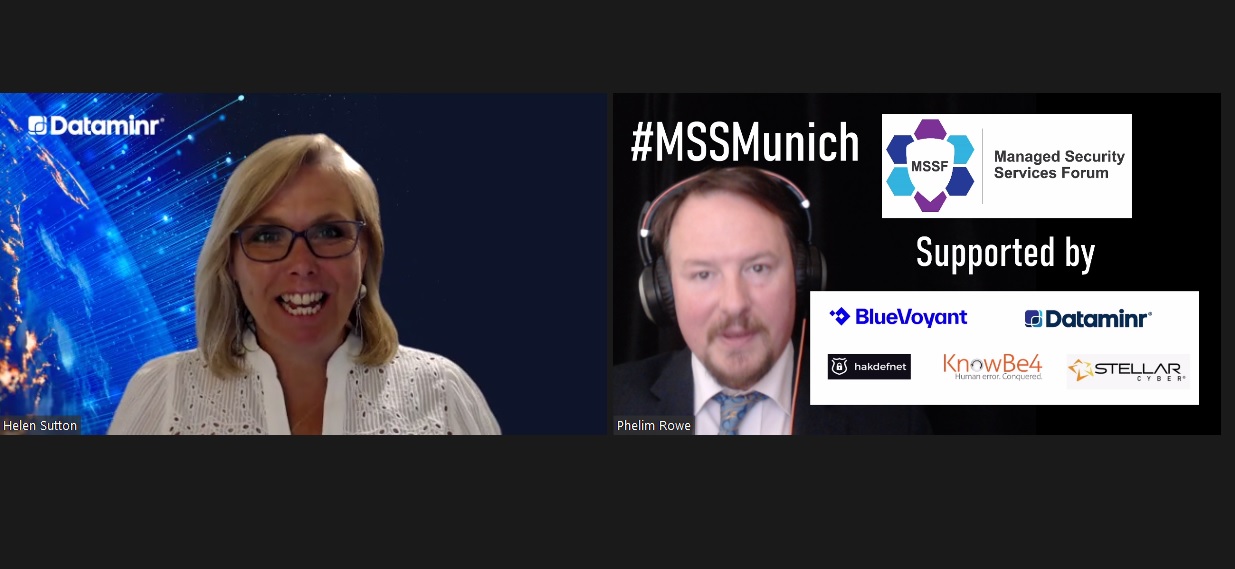
All Zoom calls should be this fun
I joined Generalist World - which is an interesting idea, but definitely one that’s still forming, as it figures out how to help generalists find work in an increasingly specialist world. Having been part of organisations such as the Puttyverse before I feel it’s reinventing the wheel in some aspects, and with the emphasis on finding permanent positions it’s probably not for me. If you’re a generalist, or at least not a specialist, then it’s an option to consider if you’re intrigued by startups. Go to this website for the latest details.
PlaySecure - as per previous blog, even if it’s fun it’s still work. In-particular this year’s event gave me a lot to think about. I might write that up at a later date, it was a lot to think about. In the meantime I think my main feeling is being please to put smart friends in front of new people.
Exercise Design - more with Stone Paper Scissors… stay tuned.
I consumed:
Hilda - This is great, you should watch it if you have Netflix.
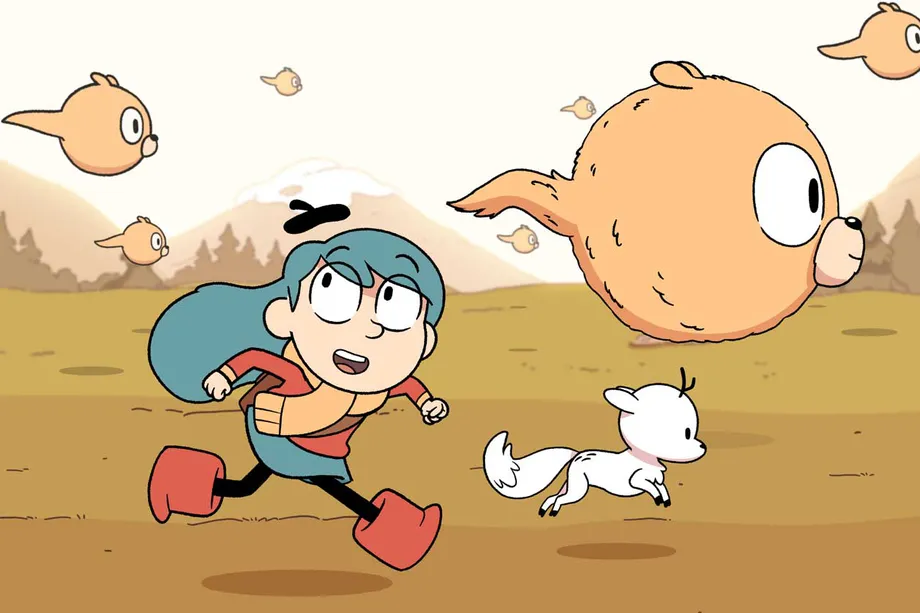
Lovely
Obi-Wan was interesting to start watching, but wasn’t for me. Maybe I just don’t have the appetite for nostalgia that others have, and increasingly this kind of content within these kind of franchises feels underwhelming, and too focused on leaving avenues open for more profit. Also maybe it’s because I think about technological possibilities a lot, and the weird technology that’s still the seventies looking forward throws me out too much - weapons are incredibly advanced yet primitive, surveillance technology is almost non-existent except with those magical trackers from the Mandalorian, and so on.
Nostalgia also led me to Kids In The Hall, a comedy series last created in 1995. But this new series felt fresh yet also familiar, but is weirder and darker than I remember. If you’re a fan of the original series, or not, it’s recommended; but as the still shown below illustrates, for a funny comedy show it’s quite often not fun.
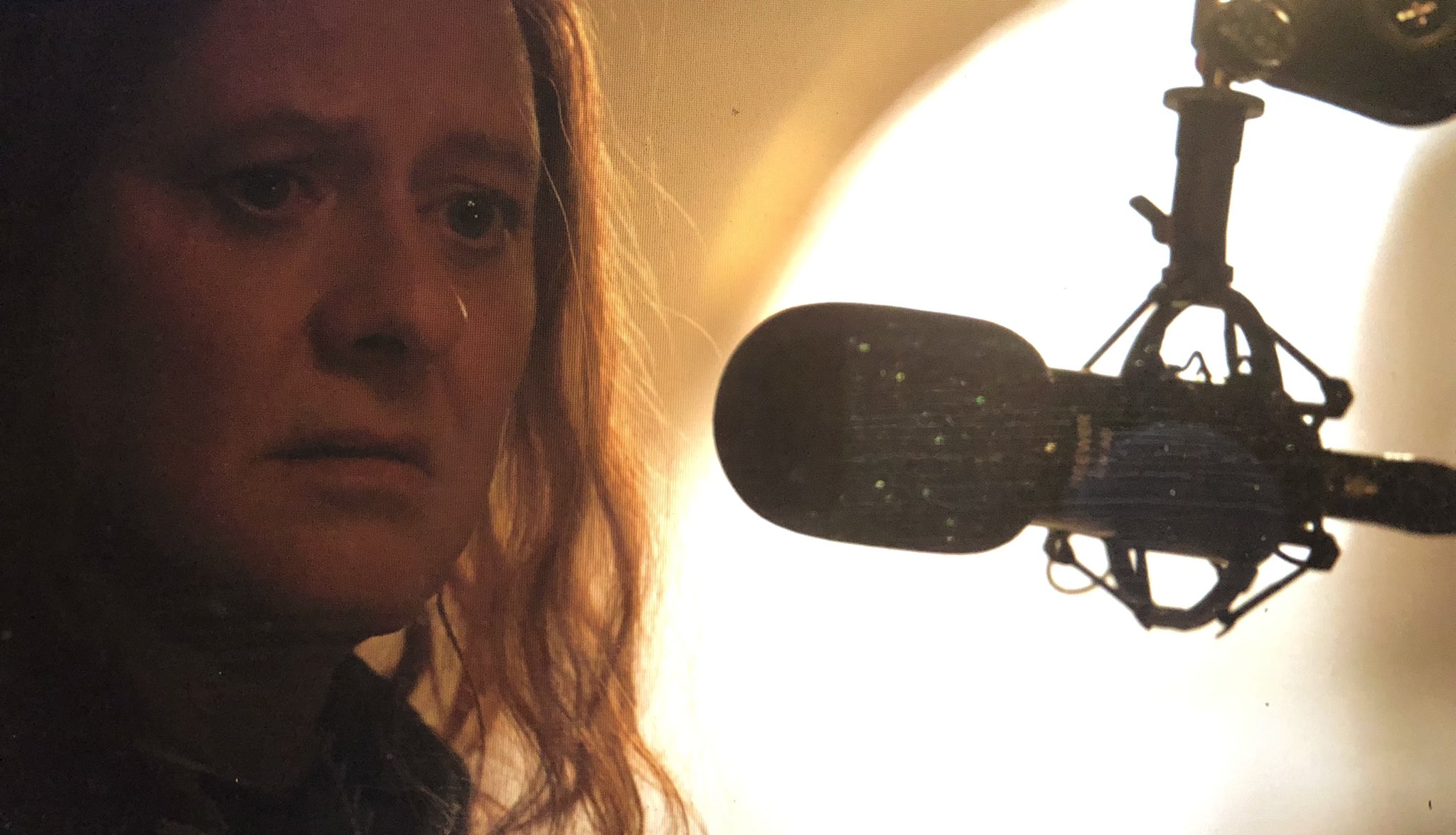
genuinely haunting
Meanwhile, back in the MCU - Unlike many others I enjoyed Doctor Strange in the Multiverse of Madness, but my “sunk cost” in the MCU is having to do more and more work. I’m intrigued how this franchise will be handled in future, when increasingly an audience feels like they need to do homework to understand what’s going on, and each installment seems like it only exists to set up future installments. Considering some of the choices made for this film I’m, thankfully, quite good at forgetting things… if you follow the MCU more closely than I you’ll know the characters’ motivations can be very… plot driven.
I beat Tharsis - as per this previous blog post I finally got my astronauts to Mars in this intriguing game. In the end I found it relatively easy… but I was on easy mode, I did feel like I had very good dice rolls on average, and I put more emphasis into planning out what I’d do each turn than I did previously. And finally heeding online advice I’d read months ago, I did favour increasing the dice my characters had available with every single decision I made. It’s an interesting game, especially that I enjoy it when usually I’m very against video game formats that mimic board game formats. I will definitely play it again.
( If somehow you’ve stumbled across this post due to an online search for Tharsis: do favour maximum dice over everything else, for example spending food to move a character from 3 dice back to 5 is worth it, and keep your assists high too. )
The Mixer - The Story of Premier League Tactics from Route One to False Nines. I would like to learn more about soccer strategies, having touched on gegenpressing in the past, and expecting them to be useful analogically in future. A couple of times I’ve stumbled across TV coverage of soccer and I’ve been surprised and impressed at the level of analysis, rather than the stereotypical “it was a game of two halves” level of understanding. So I gave this book a go… and it’s well written, but it feels like it’s very much written as a summary for people who are familiar with the territory already. There’s not a single diagram within the book, and there’s many references to particular games or even goals that feel like reminders, rather than introductions. So this one isn’t for me, I stopped after a few chapters. If I can gain sufficient understanding elsewhere, it might be something I circle back to.
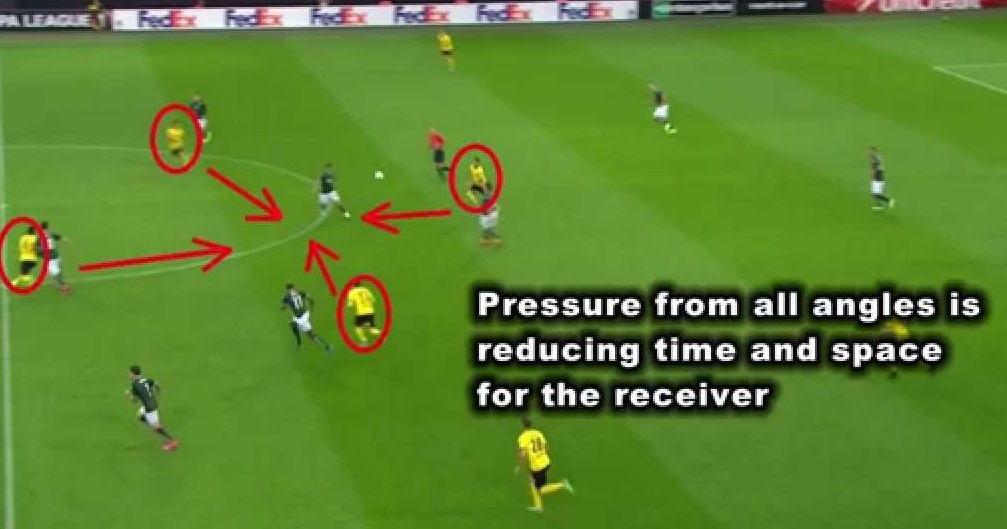
Gegenpressing - Copyright: Oleg Starynskyi
I died in a Call of Cthuhlu scenario I was playing online, thankfully at about the end of the final session. This was grim, weird, fun, and a good way to get to know online colleagues. I don’t think the scenario was a commercial one, but I’ll spare you the details just in case. While the scenario and system wasn’t overtly CoC it was fairly obvious after a while, and I enjoyed playing a system where failure was likely, rather than the “gods among men” feeling role-playing games usually cause. It was engaging trying to role-play a leader, which is a struggle for me inside or outside a game… except at the end of this game when the effect of what my character had gone through made his decision making very simple and direct…. and fatal.
I lost a game of Fleet Marine Force, the military training version of the forthcoming Littoral Commander. Very interesting to play online, to see how VASSAL held up, to play cross culturally with Americans, and to get a better insight into current and near future combat. I think I picked up fewer details about modern warfare than if I’d have read a book or watched a documentary, but through playing a game for a few hours I got more of a “feel” for how this works and would play out. I suspect I’ll play again, but only if I can figure out a better way to be prepared.
Watched SummerGamesFest - well, some of SummerGamesFest online anyway. I was struck, as were others, by how all the “triple A” games merged into a “what if you had a gun” ApexFortZone mess with the same thumping soundtrack, which was a glaringly juxtaposed with the innovation in the indie section.

I suspect I'm struck by this phenomenon every year...
Fortnite - I use Fortnite as a fun and free multiplayer shooter to destress a little. The latest “season” has started and I’m a little disappointed. I mean I use Xbox Cloud Beta for free to play Fortnite for free, so I realise I’m the product here; so I understand how much weight my disappointment carries. I find the back story, which is now somehow parties and vibin but still guns, incomprehensible; some of the fun weapons are gone. But, as a counter, as always I enjoy seeing how online and silent teams do or don’t gel together. But still… maybe time to finally get my Xbox360 set up, or read more books.
Secrets of Great British Castles - skipped through this on Netflix for ideas on a kind of siege themed game idea I have. It was well presented - the repeated footage is a little wearing if you binge watch, but I wouldn’t recommend that. Viewed normally this is a gently paced and relatively grim look into British history. I’d love to see a third series of this, but covering castles around the world.
I thought:
I had a lot of thoughts. I forget to catalogue any of them. I should do better at that beyond tweets..

thinking
I also:
Game menteeship - inspired by a tweet by Grant Howitt I applied for a free game design menteeship. While I do some professional game/exercise design that is easy conceptually, usually with clear and pre-agreed aims from the stakeholders. My personal projects are different, I’ve a feeling I probably like continuing a game design more than I like finishing a game design. We’ll see, I have an idea around a prototypical Western High Fantasy setting ( think Tolkien and D&D and their inspirations ), combined with siege warfare, combined with American Football. Also influenced by how intriguing it is that magic - like cyber - operates closely attached to, but in a domain different from, the physical world. Oh, and inspired by sacred geometry. We’ll see… we’ll see…
Can FAANG do games? - Thinking about video game industry development off the back of that SummerGameFest mentioned above, I was particularly struck how none of FAANG has got online gaming right, but Microsoft have. I really need to get more into Wardley Mapping, and start putting more ideas and maps online… I might start with this idea to illustrate what I’m trying to say around that, but also maybe I should do something smaller first.
Community Power Compass - John Willshire put together the Community Power Compass, an excellent way to think about communities you belong to, or are considering joining or leaving too. This is inspired by a lot of his examination on Defi / web3 communities, and the constant barrage of news about scams and hacks within those communities, often exacerbated by the design choices made when forming them. If you’ve involved in communities at all the Community Power Compass is certainly worth thinking through, and I’ve half an idea there’s some kind of toolkit and/or card deck in this, beyond John’s questions there’s a more practical way to think about organisations you’re part of.
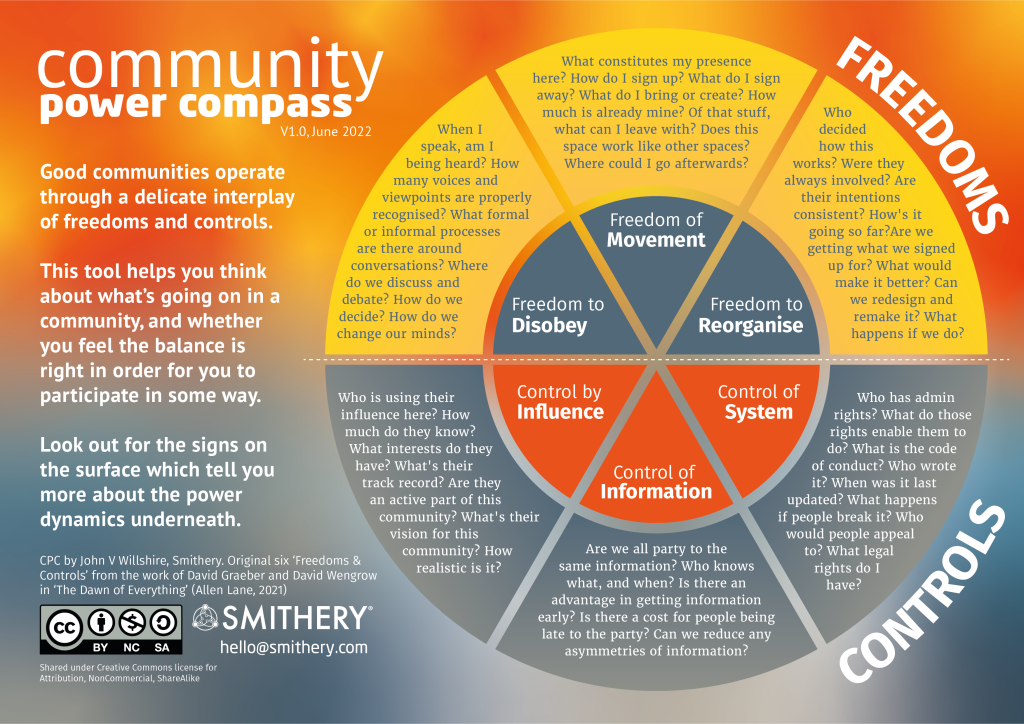
Community Power Compass
Epilogue:
Being alone, or not - this blog by my Liminal colleague Roland Harwood, for Nesta, got me thinking even more about working in multiple fluid pairs, rather than either trying to solve everything on my own, or trying to make groups or communities work.
